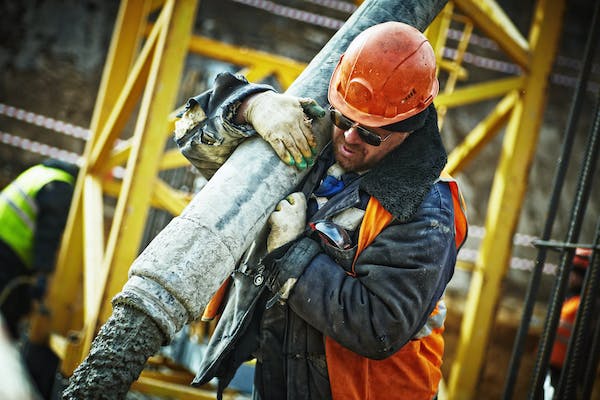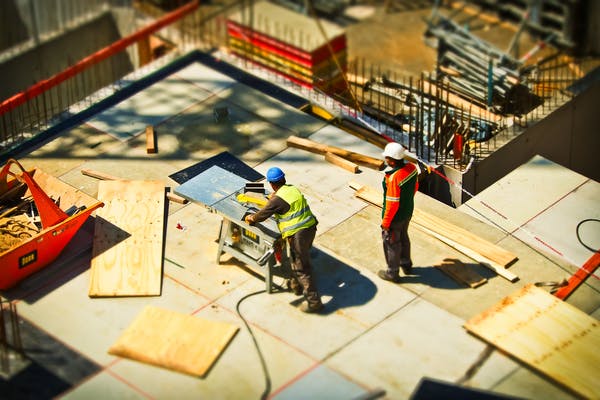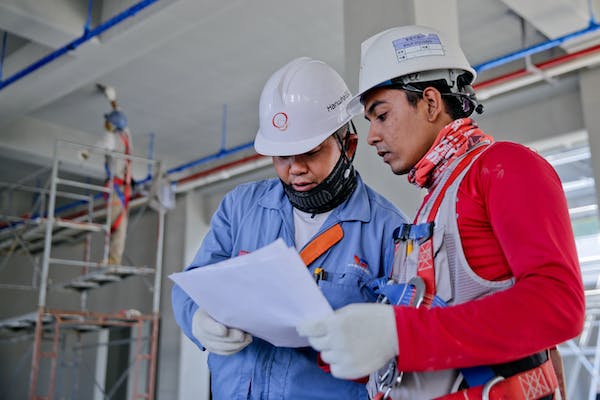Construction waste management is a crucial aspect of the construction industry that involves reducing waste generated on a construction site and disposing of it in an environmentally friendly and safe manner. Construction waste can include a range of materials such as concrete, wood, bricks, metals, plastics, and glass. The improper handling of such materials can have a significant impact on the environment, as well as pose safety risks to workers and the public. In case you would like to learn more about these practices and ideas, here are some of the most important aspects of construction waste management you should know.
Minimizing waste
The first step in effective construction waste management is to minimize the amount of waste generated in the first place. This can be achieved through careful planning and design, using materials that are environmentally friendly and sustainable, and implementing waste reduction strategies such as recycling and reusing materials. For example, using prefabricated materials reduces on-site construction waste, and incorporating sustainable design features can minimize the environmental impact of construction projects.

Recycling
Recycling is a critical component of construction waste management. Many construction materials, such as concrete, asphalt, and metal, can be recycled and reused in new construction projects. Recycling not only helps reduce the amount of waste sent to landfills but also conserves natural resources and reduces greenhouse gas emissions associated with the production of new materials. Effective recycling requires proper segregation, collection, and processing of materials.

Proper disposal
Proper disposal of construction waste is also essential to ensure that it does not pose a risk to public health or the environment. This can be achieved by working with licensed waste management companies that are trained in the safe handling and disposal of construction waste. Disposal methods can vary, depending on the type of waste material, but must be in compliance with local regulations.

Economic benefits
Construction waste management also has significant economic benefits. Proper waste management practices can help reduce project costs by minimizing waste disposal fees, reducing the need for new materials, and improving overall project efficiency. Effective waste management can also help builders and contractors meet regulatory requirements and obtain environmental certifications, such as LEED certification, which can improve the marketability and value of a property.

Separating and sorting
Another effective strategy for construction waste management is to separate and sort materials on site. This involves setting up separate bins for different types of waste, such as metal, wood, and concrete, and ensuring that these materials are properly segregated and labeled for recycling or disposal. Separating materials on site ensures that waste is correctly handled and helps contractors achieve their sustainability goals. However, if you want to make that happen, you need to stick to waste management solutions that excel in quality and versatility because that is the only way to make the most of your waste management and sorting practices.

Worker education
It is essential to educate all workers on the importance of construction waste management and encourage them to adopt sustainable practices. This includes providing training on waste reduction strategies, ensuring that all workers understand the proper procedures for sorting and disposing of waste and encouraging them to adopt sustainable practices both on and off the job site. Workers play a crucial role in ensuring that construction sites are managed sustainably.

Monitoring and measuring
Finally, it is important to monitor and measure the effectiveness of construction waste management practices regularly. This involves tracking the amount and type of waste generated on a construction site, identifying opportunities for waste reduction and recycling, and continually improving waste management practices. Data collection and analysis can identify inefficiencies and areas for improvement and help contractors achieve their sustainability goals.

Call to action
As individuals, we can also contribute to sustainable construction waste management practices. We can reduce, reuse and recycle materials and products where possible, and dispose of waste responsibly. It is important to be mindful of the impact of construction on the planet and to take steps to minimize waste generation and ensure proper disposal. By doing so, we can help create a more sustainable future for ourselves and future generations. Furthermore, policymakers and government agencies can play a crucial role in promoting sustainable construction waste management practices. This can be achieved through the development of policies and regulations that incentivize waste reduction and recycling, the provision of funding for waste management programs, and the promotion of sustainable building practices.

Collaboration with local communities
Another important aspect of construction waste management is collaborating with local communities. This can involve engaging with residents and stakeholders to discuss waste management plans and practices, providing information on the environmental impact of construction activities, and addressing concerns related to noise, air pollution, and traffic. By working with local communities, the construction industry can build trust, improve public perception, and promote sustainable waste management practices.

Collaboration with the recycling industry
In addition, the construction industry can also collaborate with the recycling industry to improve waste management practices. This can involve working together to identify new recycling technologies and techniques, developing markets for recycled materials, and exploring innovative ways to reduce waste generation and increase recycling rates.

Innovative waste reduction technologies
The development and adoption of innovative waste reduction technologies is another way to improve construction waste management practices. This can involve exploring new construction techniques, such as modular construction, which can reduce on-site waste generation, and incorporating new recycling technologies, such as chemical recycling, which can recover materials that are difficult to recycle using traditional methods. By investing in innovative technologies, the construction industry can achieve significant waste reduction and recycling rates while also improving project efficiency and reducing costs. As you can see, construction waste management is an essential practice that can help minimize the impact of construction activities on the environment, protect public health and safety, and improve the sustainability of the construction industry. By adopting effective waste reduction and recycling strategies, separating and sorting materials on site, working with licensed waste management companies, and educating workers on sustainable practices, the construction industry can achieve significant economic and environmental benefits.

Imager Source: pexels.com





